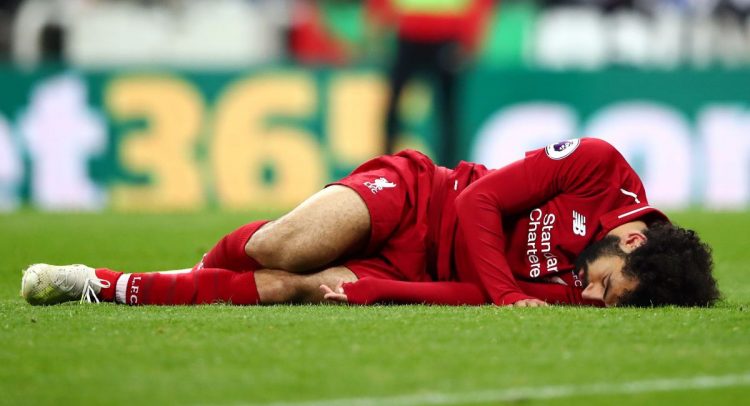After saving money for years to buy a brand new car, your car starts shimmying, brake starts to fade and grab and the car doesn’t crank. This was due to a precaution you failed to adhere to. You now have to spend extra money fixing the car but decide to become economical.
You thought the car has been fixed, however, the car after every month invites another problem. After just one year, you have no other choice than to relinquish it.
To juxtapose the above scenario to that of a professional footballer, some battle injuries every now and then with finances spent on their injuries to get them back to the field. Some use the right means, while others go in for cheaper options and don’t get the best of recoveries. After short periods of professional time as footballers, they retire due to their injury woe.
However, having a longer professional football life sounds good right? Let me walk you through some injury prevention tips.
Injury prevention in sports usually has multiple areas of focus. This article aims at reviewing vital areas of concern for not only most footballers but also football teams. Working in each of these areas will not account for injuries after contact, however, might prevent it from non-contact injuries.
Shall we begin?
Screening for history injury
Players with history of previous injuries are more likely to injure themselves again at the same spot. It is, therefore, important to give your sports medical team the insight of any previous injury.
Your physiotherapist with the sports medical team will target conditioning and strengthening programme tailor-made for specific muscles that have been shown problematic in the past and to stabilize the joints such as the ankle.
Strength and training
Your physiotherapist, apart from prescribing specific strengthening exercises for your activities, will also implement muscle strengthening routines for injury prevention.
Before a football season commences, make sure you’re well trained. During the off- season, stick to a balanced fitness programme your physiotherapist and coach prescribes.
If you are out of shape at the start of the season, your physiotherapist, together with your coach, will gradually help you increase your activity level and slowly build up to a higher fitness level. This will help minimize risk associated
The writer is a physiotherapist at the Holy Trinity Medical Centre
BY Gabriella Acquaye

